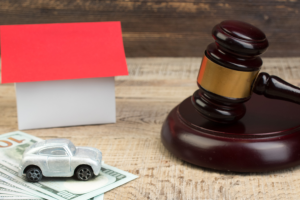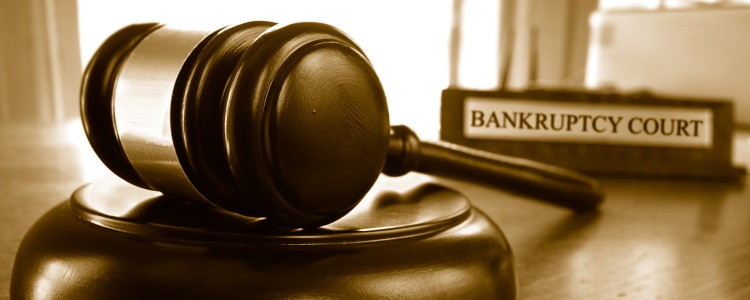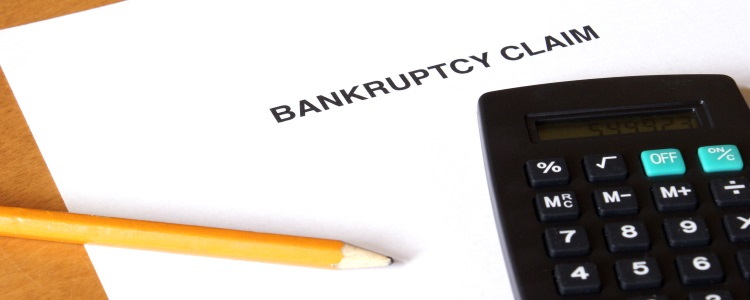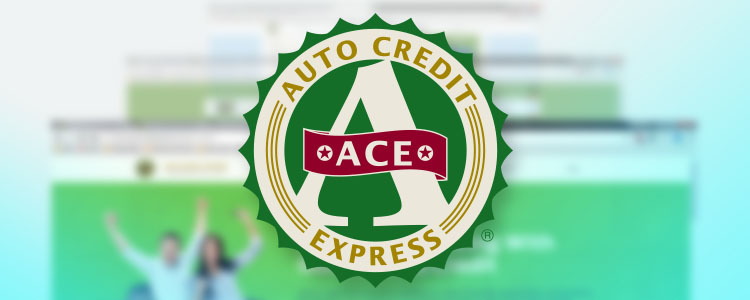Filing for bankruptcy should be a last resort option if you’re struggling to keep up with your finances. The type of bankruptcy you should file depends on your specific situation, what you're eligible for, and how you want the debt to be handled, among other things. Let's take a look at both Chapter 7 and Chapter 13 bankruptcy so you can decide which would be best for you. Plus, we explain what may happen to your car during bankruptcy, and when you can finance a vehicle once again.
Chapter 7 Bankruptcy
 A Chapter 7 bankruptcy is also known as a liquidation bankruptcy. This type of bankruptcy wipes out your unsecured debts (which may include non-exempt equity in a home or car) in order to pay back your creditors. The process is relatively short, typically lasting three to six months.
A Chapter 7 bankruptcy is also known as a liquidation bankruptcy. This type of bankruptcy wipes out your unsecured debts (which may include non-exempt equity in a home or car) in order to pay back your creditors. The process is relatively short, typically lasting three to six months.
To be eligible to file a Chapter 7 bankruptcy, you have to pass the means test. The first portion of the test compares your income to the median income of a household of the same size in your state.
If your income is at or below the median, you pass and can file. If your income is above it, you need to determine whether you have enough disposable income (money left over after paying your allowed expenses) to pay off at least part of your unsecured debt (such as credit cards).
If your disposable income adds up to more than a certain amount (which depends on the state you live in), you fail the means test and can't get a discharge by filing for Chapter 7 bankruptcy.
However, you do have the option of filing for a Chapter 13 bankruptcy.
Chapter 13 Bankruptcy
A Chapter 13 bankruptcy, also called a reorganization bankruptcy, lasts much longer – either three or five years depending on your repayment plan. You get to keep your assets during a Chapter 13, but you have to keep up with your current monthly bills and your repayment plan during the entirety of the bankruptcy.
Chapter 13 bankruptcies are ideal if you make too much for a Chapter 7 bankruptcy according to your state, but need help getting your finances back on track.
When Can I Buy a Car Again?
Now that you know the difference between a Chapter 7 and a Chapter 13 bankruptcy, you may be wondering when and how you can buy a vehicle again. Well, it depends on the bankruptcy you filed.
If you filed a Chapter 7 and lost your car or need a new one, you should wait until it’s been discharged. Lenders typically don't approve someone for an auto loan during an open Chapter 7 since they know it’s a short process. They also don’t want to run the risk of the vehicle being included in the bankruptcy.
If you filed a Chapter 13, the process is a little different. Because of the time it takes to complete, lenders can work with you while it’s still open. However, you can’t just walk into any dealership, pick out a car, and get financed. You need to have the court’s approval first.
Getting the approval could take some time, and may not be worth the effort if you don’t urgently need a new vehicle. Make sure you sit down with your trustee first, and discuss everything involved in financing a car during a Chapter 13.
The Bottom Line
Going through bankruptcy is tough, and it can be even harder when you end up losing a vehicle in the process. If you recently had a bankruptcy discharged, or are in an open Chapter 13, and need an auto loan, we’re here to help.
At Auto Credit Express, we work with a network of special finance dealers all across the country that have lending resources available to help people who've been through bankruptcy, or who are struggling with bad credit or no credit.
Let us connect you with a dealership in your area so you don't have to stress over where to turn for your next car loan. Just fill out our auto loan request form to get started right now.
















